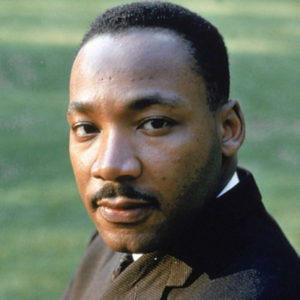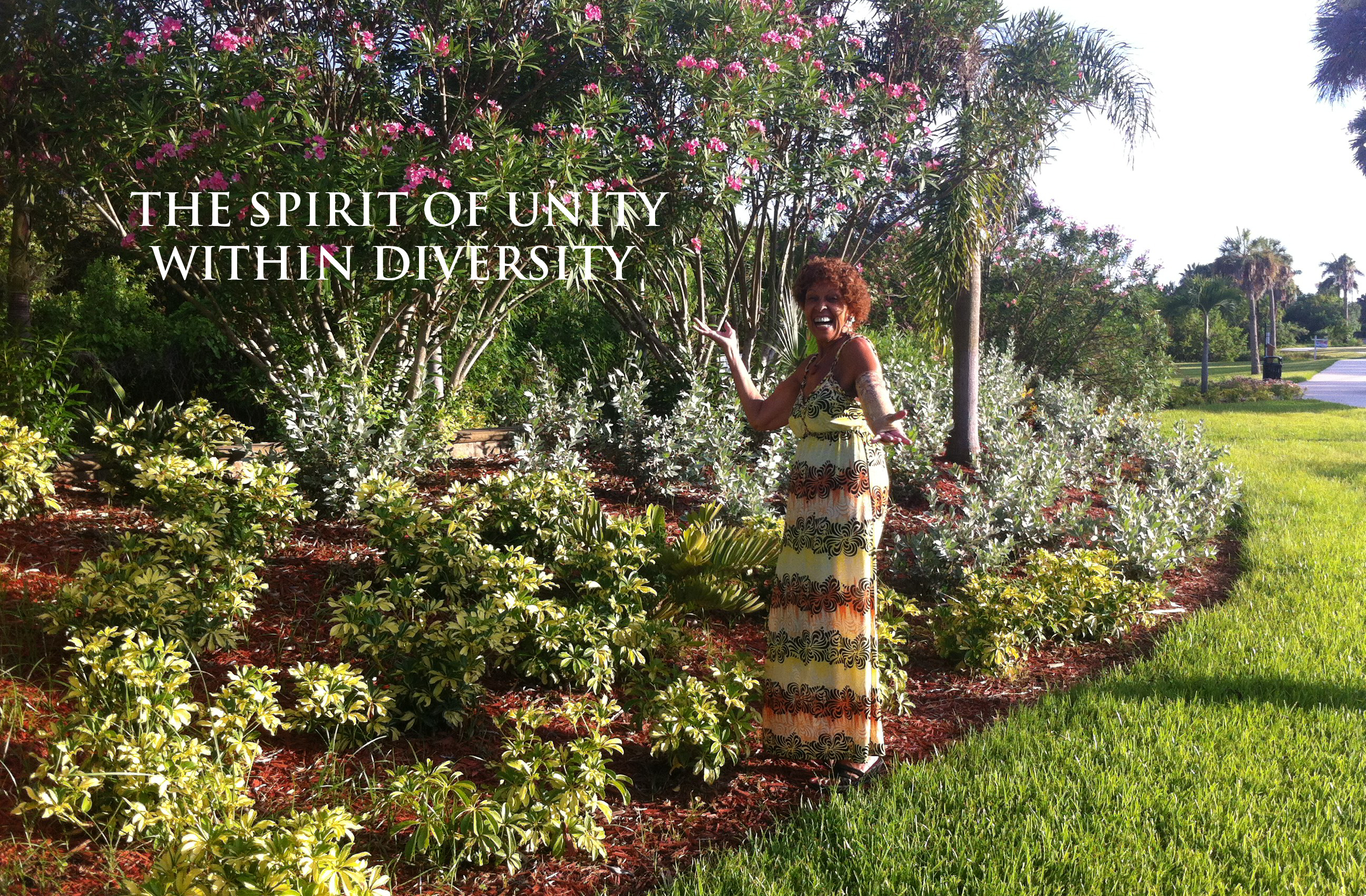 I became a young adult in the era of Martin Luther King’s marches for peace. As an African American from the North, my personal experience with racism did not compare to the harshness of the South, but it did take an emotional toll. Although aware of discrimination in the North, I bought into the myth that segregation existed only in the South: probably because that’s where it was supported openly by laws and law enforcement. I wanted desperately to ride the southbound bus and join Dr. King, but my mother, widowed when I was 17, responded with, “I didn’t work hard to raise you and put you through college to have you killed in the South.” So, reluctantly, I remained at home, reaping the benefits of Dr. King’s sacrifice.
I became a young adult in the era of Martin Luther King’s marches for peace. As an African American from the North, my personal experience with racism did not compare to the harshness of the South, but it did take an emotional toll. Although aware of discrimination in the North, I bought into the myth that segregation existed only in the South: probably because that’s where it was supported openly by laws and law enforcement. I wanted desperately to ride the southbound bus and join Dr. King, but my mother, widowed when I was 17, responded with, “I didn’t work hard to raise you and put you through college to have you killed in the South.” So, reluctantly, I remained at home, reaping the benefits of Dr. King’s sacrifice.
As we approach the national holiday commemorating the birth of Dr. Martin Luther King, I pause to reflect on his message and course of action over fifty years ago, and its relevance to America today.
Dr King, in concert with the media, fathered the Civil Rights Movement. Without the media, the brutality occurring in the South would not have entered living rooms across the country on the television airways, awakening a nationwide conscience, and jarring the federal government out of its states’ rights complacency into direct intervention. Because of the momentum that he started, and that was continued by other leaders, the lives of African Americans were significantly changed by the desegregation of schools, public places, and housing. Along with the Voting Rights Act, discriminatory voter registration practices were dissolved. Those of us living in this era of history were overjoyed, relieved, and unburdened, with the feeling that our lives were changed forever, the expectation that the nation would continue to move forward in our behalf.
2016 emerged. Police brutality, which lay dormant, rose to pubic awareness, this time through Social Media, thanks to the pervasive use of the smart phone. As certain parts of the Voting Right Act ran their course, gerrymandering, new rules for voter identification, and decreased accessibility to poling places were reintroduced in parts of the South, designed to keep Blacks, especially poor Blacks, from voting.
As we slide into 2017 from the backsliding of 2016, concern for the future of minority Americans has resurfaced where least expected. What would Dr. King think to see that Steve Banyon, a known racist with ties to the white supremacist “alt-right” movement, is chosen to be Senior Advisor to the President of the United States. How would Dr. King react if he were to learn that today’s candidate for Attorney General, the man who will oversee the prosecution of hate crimes, is Jeff Sessions, who, because of his racist rhetoric, failed to be confirmed as a federal judge.
This backsliding momentum gives pause to revisit Dr. King’s philosophy of a peaceful response to injustice. Dr. King would not condone rioting, looting, or any other form of violent response. In his support of passive resistance, his was not a weak passivity; it was coupled with the strength of moral resistance; a strength that spoke to the conscience of America
This is a time for vigilance for all people of minority status in America. We must not respond with aggression or militancy born of hostility. But when faced with injustice, we must heed the call to action and actively resurrect the philosophy and strategies of Dr. Martin Luther King Jr.
The spirit of Dr. King was brought to mind in the recent words of First Lady Michelle Obama, “You cannot take your freedom for granted. Like generations before you, you have to do your part to preserve and protect those freedoms.”



Brava, Amy. And good food for thought.